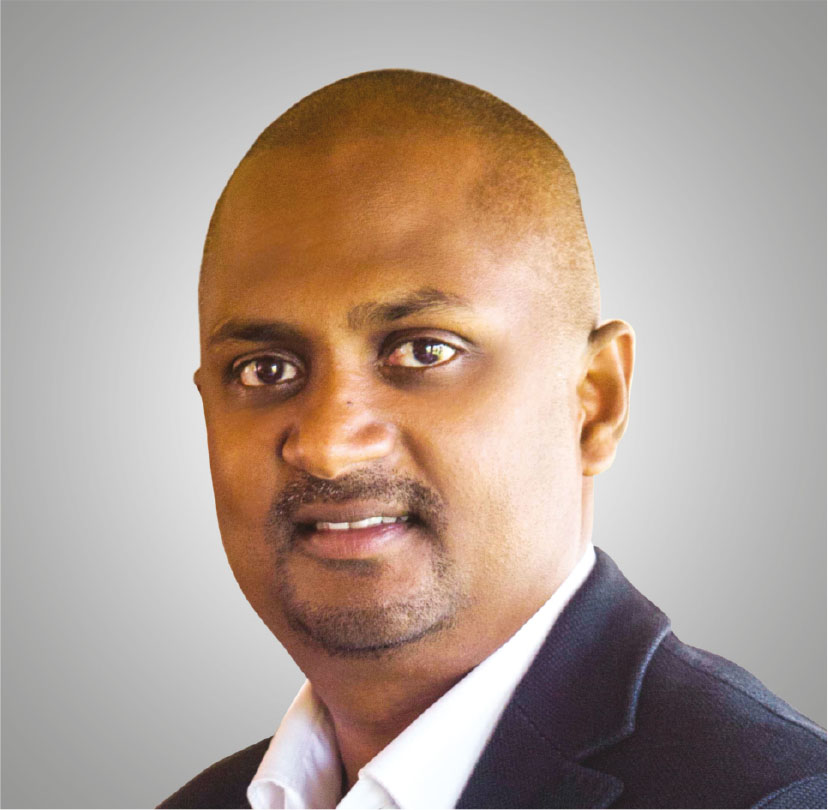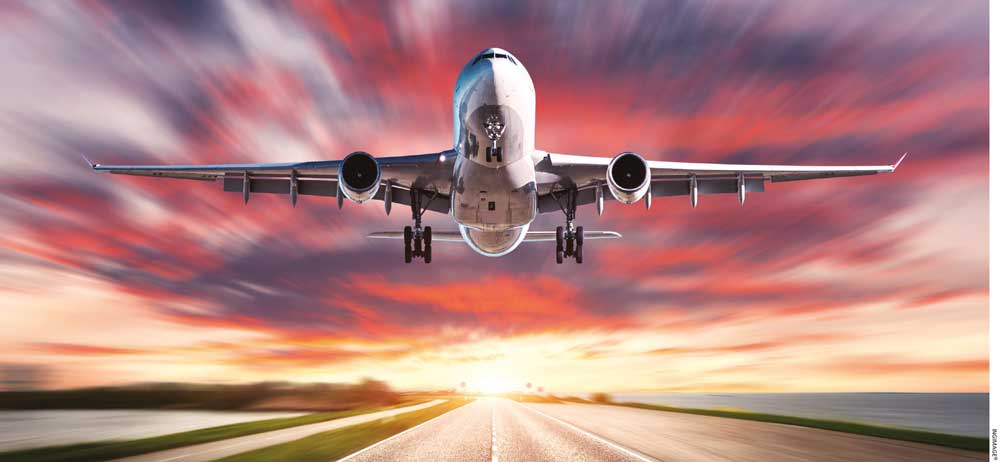TOURISM INDUSTRY
Pivotal Journeys
Dileep Mudadeniya elaborates on the turning point for modern travel
The tourism industry is among the world’s oldest connectors; it is by far one of the most effective in transmitting cultural appreciation, social diversity and knowledge sharing. And its interconnectedness across countries means that tourism is a key provider of employment – be it directly or indirectly – to many people who possess a variety of skills.
As it was a critical twin question of security and safety, the travel and tourism market’s reaction to COVID-19 is understandable, says Dileep Mudadeniya, pointing to their widespread impact on the global supply network.
Mudadeniya, pointing to their widespread impact on the global supply network.
He adds: “Airlines, travel agents, hotels and every other stakeholder was compelled to take a step back, and many segments came to a standstill.”
In the wake of COVID-19, Sri Lanka imposed stringent measures to curb the spread of the virus by instituting policies recognised by global governing bodies such as the WHO while the Sri Lanka Tourism Development Authority (SLTDA) called for strict safety standards to be followed by the industry.
Mudadeniya explains: “To tackle such a huge problem, countries must approach any contingency plan from a national perspective by primarily addressing health and safety.”
Elaborating on the proactive measures adopted by the tourism industry, he emphasises that “new norm safety standards were introduced in hotels especially covering key touch points of domestic and foreign tourists. While we continue to follow these, the results will speak for themselves.”
As the virus continues to affect lives across the world, the challenges to business are unprecedented. Tourism and hospitality continue to face disruptions as they endeavour to weather through the worst of the pandemic.
Pointing to the difficulties faced by the local tourism industry, Mudadeniya laments: “The crisis is very hard to bear especially with little or no revenue generation and the lack of a proper financial support system unlike in more advanced economies.”
Considering the macroeconomic landscape, he explains that “it is difficult to do business at this time with a large number of people being unable to operate; but a lifeline has been extended to those of us in the accommodation sector through stays for quarantine.”
Many indirect beneficiaries of the tourism industry such as travel agents, tour guides, chauffeurs and others in the value chain are unable to earn an adequate living, and are looking to other industries for employment.
“Some agents are looking to establish export businesses in the wake of the unprecedented challenges they are facing,” he reveals.
There is no short-term solution and change is gradual depending on when the country opens its doors to visitors again. Mudadeniya notes: “It’s a fairly long journey. Even if borders are opened, travel would depend on the success of a vaccine, its testing results and so on.”
As change besets the tourism industry, hospitality entities are seeking new opportunities and ways of future proofing their trade – they’re evolving with the times to cater to the new needs of travellers who are willing to adapt to the ‘new normal.’
“No sooner countries open up for travel, there may be a bubble of potential destinations. We might experience substantial growth as some notable destinations such as Kenya and the Maldives have shown after opening their borders to international tourism,” he notes, adding: “While people may travel less, we can expect them to visit Sri Lanka given the country’s steadfast resilience, attention to safety standards and island destination allure.”
Confident of the country’s strengths and attraction as a tourism hub, Mudadeniya assures that “without a doubt, Sri Lanka will bounce back once travel picks up – there is no question about that. We are optimistic about the future and know that Sri Lanka will undoubtedly be viewed as one of the best destinations for travel.”
Dileep Mudadeniya is the Head of Marketing and Events of Cinnamon Hotels & Resorts and a Vice President of John Keells Group – he was interviewed by Lashani Ramanayake.





